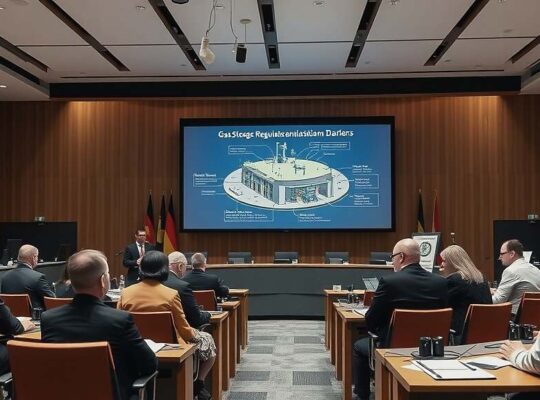Germany’s judicial system is facing a crisis of unprecedented scale, with record backlogs threatening the perception of the rule of law and fueling public discontent. According to data released by the German Judges Association (DRB), the number of open criminal cases has soared to nearly one million – specifically 981,633 – as of mid-year. Projections indicate an additional 2.7 million new cases will accumulate at prosecutors’ offices throughout the first half of 2025.
The situation has led to a dramatic decline in the rate of cases reaching indictment. In 2023, only one in sixteen criminal proceedings resulted in charges, a stark contrast to 2014 when the figure stood at roughly one in ten. This precipitous drop is attributed to overwhelmed prosecutors increasingly dismissing less serious offenses to prioritize more complex and high-profile investigations.
This prioritization strategy has acutely impacted the prosecution of shoplifting, a crime experiencing a surge in both frequency and financial impact. A recent study by the EHI Retail Institute in Cologne revealed a staggering €2.9 billion in losses for the retail sector last year. The number of reported serious shoplifting incidents has also risen by almost a third since 2014, reaching 25,600.
The escalating backlog is prompting serious concerns about public confidence in the justice system. “The people’s trust in the rule of law is rapidly dwindling when criminal acts go unpunished and criminal proceedings drag on for years” warned DRB Federal Managing Director Sven Rebehn. He emphasized public expectations for a functional justice system, not one dictated by budgetary constraints.
The Federal Cabinet has responded with a “rule of law pact” allocating €450 million to support state-level justice systems during the current legislative period, with €240 million earmarked for new personnel. However, the DRB is now intensifying pressure on the states, demanding a commitment at the upcoming December Minister President’s Conference to fill the 2,000 currently missing prosecutors and judges. This commitment is deemed crucial to unlock rapid federal co-financing and effectively address the systemic crisis gripping Germany’s judicial apparatus. Questions remain whether this influx of resources will be sufficient to restore public trust and comprehensively resolve the root causes of the burgeoning backlog.












